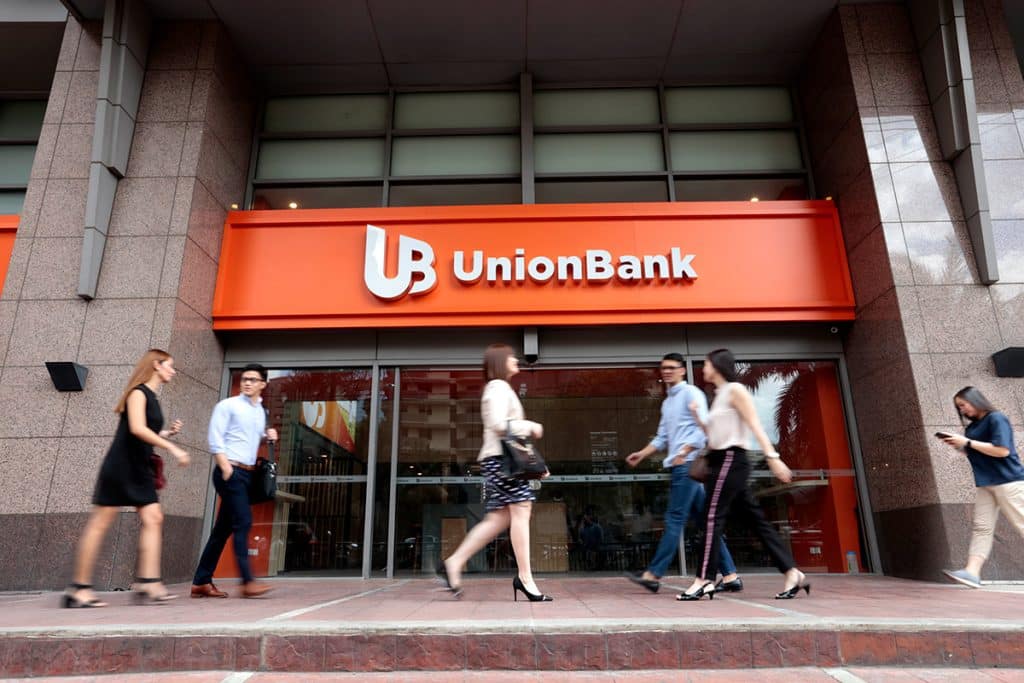30 June 2020, Budapest, Hungary – Almost 1 500 innovators from 44 countries applied for the EIT’s € 60 million Crisis Response Initiative. The funds have now been unlocked by the EIT Governing Board to ensure critical support swiftly reaches entrepreneurs. This will allow high-impact start-ups, scale-ups and SMEs to benefit from additional funding under the ‘Venture Support Instrument’; and will enable the launch of new innovation projects tackling COVID-19 related challenges as part of the ‘Pandemic Response Projects’. By deploying a rapid response mechanism, all EIT Crisis Response activities will be completed by the end of 2020 to help Europe recover.
Mariya Gabriel, European Commissioner for Innovation, Research, Culture, Education and Youth, responsible for the EIT said: ‘This action of the EIT is part of the EU’s comprehensive response to the COVID-19 crisis, including substantial support to innovation. I am glad to see the efficient mobilisation of all EU instruments that we have at our disposal. Thanks to the EIT’s funding, hundreds of innovators and companies will be given the opportunity to participate in the collective effort to overcome this crisis and rebuild our economy sustainably.’
Under the EIT Crisis Response Initiative, each EIT Knowledge and Innovation Community launched Calls for Proposals for ventures and for innovation projects. Close to 1 500 proposals were received from 44 countries (including all 27 EU Member States as well as the Israel, Northern Macedonia, Norway, United Kingdom, Serbia, Switzerland and Turkey).
Dirk Jan van den Berg, Chair of the EIT Governing Board, added: ‘This is the EIT in action: agile mobilisation of Europe’s largest innovation community to deliver innovative solutions and a boost to Europe’s economy. With the EIT’s rapid response and additional € 60 million funding, our Knowledge and Innovation Communities will now ensure high-impact ventures and ground-breaking projects help accelerate Europe’s recovery. The submission of almost 1 500 proposals highlights the depth of talent of innovators and the need for crisis recovery support in Europe and beyond.’
The quality and relevance of the EIT’s eight Knowledge and Innovation Communities’ Calls for Proposals under the EIT Crisis Response Initiative were evaluated. Based on this, the EIT Governing Board decided to allocate the following grants:
EIT Climate-KIC: EUR 8.40 million
EIT Digital: EUR 7.65 million
EIT Food: EUR 10.25 million
EIT Health: EUR 9.85 million
EIT InnoEnergy: EUR 7.40 million
EIT Raw Materials: EUR 9.80 million
EIT Manufacturing: EUR 3.30 million
EIT Urban Mobility: EUR 3.35 million
Following the EIT Governing Board decision, each EIT Knowledge and Innovation Community will now finalise its selection processes based on the available budget. It is foreseen that 60% of the EIT Crisis Response funds will be awarded to highly innovative start-ups, scale-ups and SMEs as part of the ‘Venture Support Instrument’, and 40% to innovation projects under the ‘Pandemic Response Projects’. More details on the selected ventures and innovation projects to be financed will be announced in the coming weeks.
BACKGROUND: EIT- MAKING INNOVATION HAPPEN!
What is the European Institute of Innovation and Technology (EIT)?
The EIT strengthens Europe’s ability to innovate by powering solutions to pressing global challenges and by nurturing entrepreneurial talent to create sustainable growth and skilled jobs across Europe. The EIT is an EU body and an integral part of Horizon2020, the EU Framework Programme for Research and Innovation. The Institute supports the development of dynamic pan-European partnerships – EIT Knowledge and Innovation Communities – among leading companies, research labs and universities.
What is the EIT Crisis Response Initiative?
The EUR 60 million EIT initiative launched in May 2020 consists of two main tracks of activities to be implemented by the EIT’s eight Knowledge and Innovation Communities across Europe:
- Venture Support Instrument: Start-ups, scale-ups and SMEs have been enormously impacted by the COVID-19 crisis. Additional EIT support (financing, technical assistance and network) will help highly innovative ventures weather the crisis and accelerate their growth.
- Pandemic Response Projects: More than ever, innovations and new solutions are needed to tackle the current crisis and prevent its resurgence. The EIT ecosystem is agile and will mobilise innovators to address the COVID-19 crisis, both in terms of the immediate health concerns and the wider response needed.
Learn more about the EIT Crisis Response Initiative in this factsheet.
EIT powers innovative solutions to global challenges
The EIT’s eight Knowledge and Innovation Communities work to accelerate the transition to a zero-carbon economy (EIT Climate-KIC), drive Europe’s digital transformation (EIT Digital), lead the global revolution in food innovation and production (EIT Food), give EU citizens greater opportunities to lead a healthy life (EIT Health), achieve a sustainable energy future for Europe (EIT InnoEnergy), strengthen the competitiveness of Europe’s manufacturing industry (EIT Manufacturing), develop raw materials into a major strength for Europe (EIT RawMaterials), and solve the mobility challenges of our cities (EIT Urban Mobility).
Together with their leading partners in Europe, they offer a wide range of innovation and entrepreneurship activities. This includes education courses that combine technical and entrepreneurial skills, business creation and acceleration services and innovation driven research projects.
EIT Facts & Figures
- Proposed budget of EUR 3 billion between 2021 and 2027 under the EU’s Horizon Europe Research and Innovation Framework Programme
- Europe’s largest innovation network: 2 000+ partners from top business, research and education organisations across Europe in 60+ innovation hubs across Europe
- Europe’s tried, tested and proven innovation engine: powered more than 2 000 start-ups and scale-ups, created more than 900 new products and services. To date, EIT-supported ventures have raised more than EUR 1.5 billion in external capital. More than 2 200 students have graduated from EIT labelled master and doctoral programmes.
More information: EIT in a nutshell Infographic
Discover EIT Community innovators: EIT Community COVID-19 solutions




